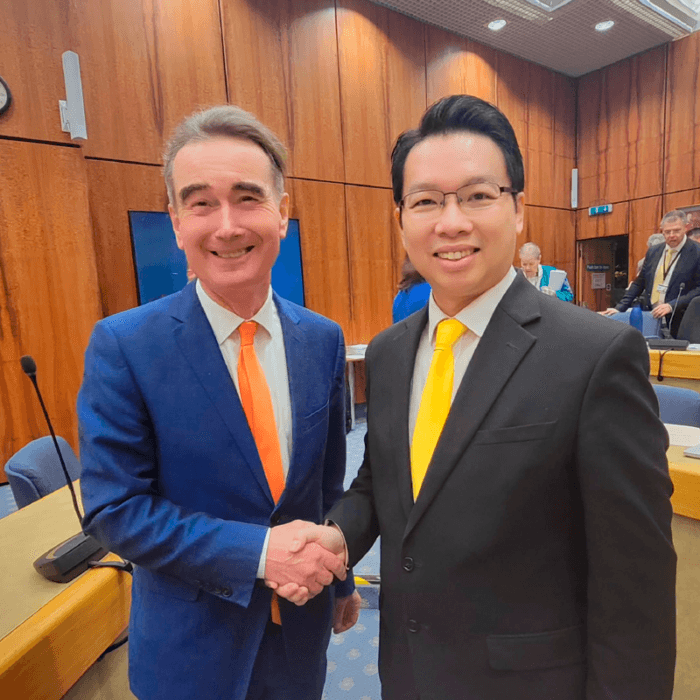Birmingham City Council says it is declaring a major incident over the impact of the ongoing bin strike, as it estimates 17,000 tonnes of waste remains uncollected around the city.
Members of the Unite union in Birmingham are holding an all-out strike in a long-running dispute, after the scrapping of waste collection and recycling officer roles, which has led to rubbish piling up in the streets and residents complaining about rats.
The council says daily blocking of its depots by pickets has meant workers cannot get their vehicles out to collect waste.
It said declaring a major incident will initially increase the availability of street cleansing and fly-tip removal, with an additional 35 vehicles and crews around the city.
It will also allow the council to explore what further support is available from neighbouring authorities and the government, to help manage the situation, and work with partners to better manage health and fire risks that the build-up of rubbish is causing.
A focus of the major incident will be on making sure bin lorries can safely enter and exit the council’s waste depots.
Council leader John Cotton said: “It’s regrettable that we have had to take this step, but we cannot tolerate a situation that is causing harm and distress to communities across Birmingham.
“I respect the right to strike and protest, however actions on the picket line must be lawful and sadly the behaviour of some now means we are seeing a significant impact on residents and the city’s environment.
“Unless we declare a major incident and deploy the waste service’s contingency plan, then we would be unable to clear the backlog of waste on the streets or improve the frequency of collections.”
About 200 waste collection vehicles are usually deployed over eight-hour daily shifts, with their contingency plan during the strike allowing for 90, but the local authority says the blocking of depots by picket lines has delayed getting them out on to the streets.
Normally, the council’s waste teams would make more than half a million collections a week, with its strike contingency allowing for 360,000, but the “blockade” of depots means crews are managing “far below this.”
In a statement, the council said the daily rate of accumulation of uncollected waste in the city has increased from 483 tonnes per day in the week of March 10, and 655 tonnes per day in the week of March 17, to almost 900 tonnes per day in the week of March 24.
So far, talks between Unite the union and council officials have not been successful. Their last meeting was held on Thursday.
Majid Mahmood, cabinet member for environment and transport at the city council, said last week that the authority was willing to work around the clock to resolve the dispute, having already made a “fair and reasonable” offer to affected workers.
Cotton added: “I want to thank residents for their continued patience under difficult circumstances and the community groups who have been working hard within their communities to help with clear-up.
“I would reiterate that we have made a fair and reasonable offer to our workers which means none of them have to lose any money and I would urge Unite to reconsider their position.”
A government spokesperson said: “The waste dispute in Birmingham is causing misery and disruption to residents and so we are urging for an immediate agreement to be made.
“It is right that this continues to be a locally led response, as is usual in the case of council-run services.
“But we are monitoring the situation closely and will not hesitate to act should the council require additional support.”






